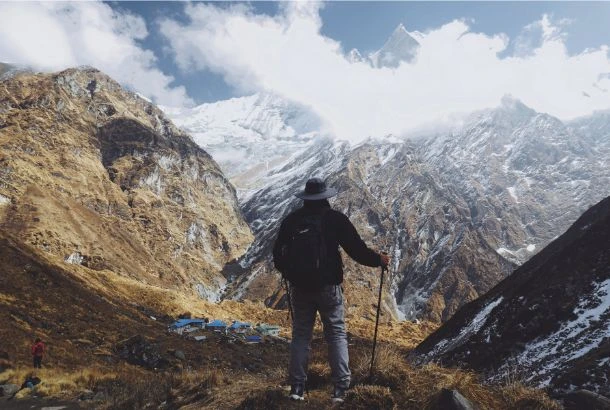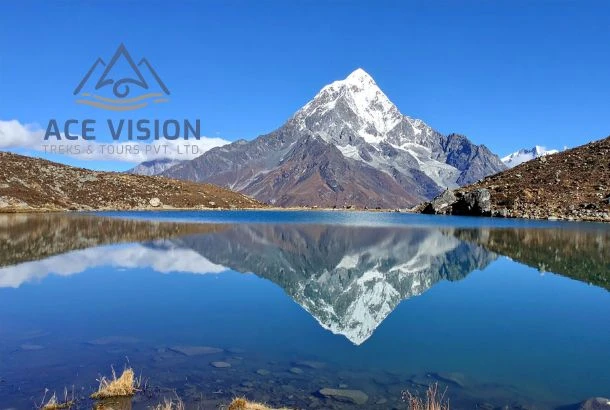Registration and Monitoring of Foreign Nationals Arriving in Nepal to be Implemented From October 1
The Nepalese government has decided to implement a foreign national registration and tracking system. This will also be applicable to Indians, in the context of security and information management reasons.
From mid-September, the system will be mandatory for all Kathmandu Valley star-rated hotels. This urgent notice was released by the Department of Immigration on Tuesday. The system utilizes electronic registration to enable ongoing monitoring of foreign nationals' presence and activities in Nepal.
The measure aligns with international commitment under the International Civil Aviation Organization (ICAO) as well as other global regulations that require member states to maintain immigration records.
Why Is This System Being Implemented Now?
When Nepal was already receiving foreign tourists at the immigration points, there had been no system for tracking their activity or location in the country after that. Tikaram Dhakal, Director and Information Officer of the Immigration Department, confirmed that the new system would fill the gap by tracking where foreigners stay and what they do.
For instance, in the event of a disaster at Annapurna Base Camp involving foreign tourists, the new system will enable us to pinpoint their last location," Dhakal explained. "We do not have systematic data at the moment on how many foreigners are indeed in the country and this system aims to fix that.”
The principal objectives of this system:
- To collect and systematically organize information on foreign visitors.
- To enhance the security of foreign nationals themselves.
- Facilitate the exchange of information for the purpose of future crime control.
- Facilitate tourism promotion with proper records in hand.
Current Issues With Foreigners’ Registration in Nepal
The government lacks reliable information on the number of foreigners residing in Nepal. Cases of abuse of visas and foreign nationals committing crimes have increased demands for greater monitoring. For example, three Pakistani citizens recently employed Nepal and India as transit points to commit crimes, which would have been easier to monitor had the records been better.
In 2024, over 500 foreign nationals were deported, mostly for visa overstaying. Besides, there were 1,579 foreign convicts in Nepalese prisons for offenses as of mid-2025.
Implementation Phases of the System
- First phase (mid-September onwards): Mandatory digital registration by Kathmandu Valley star-rated hotels.
- Second phase (mid-November onwards): Expansion to all star hotels, insurance companies, tour operators, money exchange businesses and subsequently all types of hotels, guesthouses and other public and private service establishments.
Foreigners will need to register their details online either at the time of hotel check-in. Or, use a mobile app that generates a QR code for the hotel to confirm your sign up.

Concerns of Privacy and the Government's Approach
A number of experts and travel agents have questioned security and privacy issues related to the personal information collected under this scheme. They suggest that the government offer strict data protection frameworks because travelers are likely to be concerned about sharing personal data.
The government emphasizes that maintaining such records is an international obligationand crucial for the security of foreign nationals. It is especially so for those who are mountaineering and trekking, where accidents may occur. The system will prove to be helpful in locating and rescuing them if required.




.webp)
